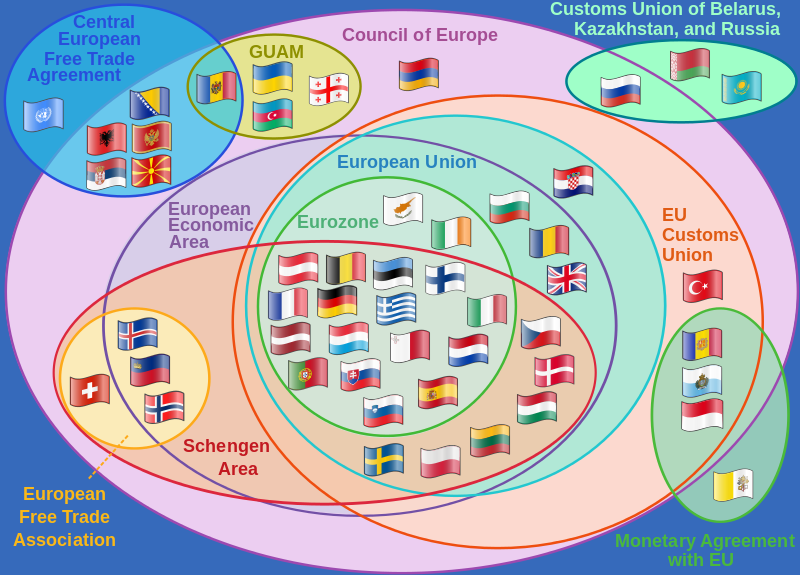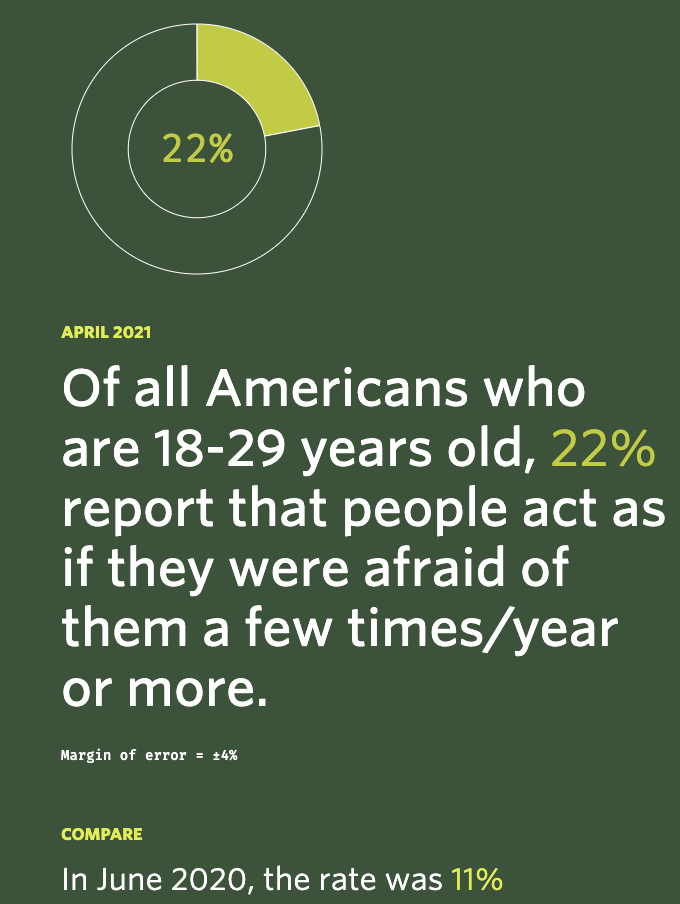NCDD is excited to announce the lineup of events for the first-ever Summer Learning Springboard event, July 26-30, 2021!
The Springboard is a week-long series of virtual skill-building, learning exchange, and networking events. Spend some time this summer improving and exploring your dialogue and deliberation practice with your peers in a variety of sessions!
Registration for the SLS is just $10 for NCDD Members and $20 for non-members, and includes access to all included sessions and networking spaces. Other workshops are offered with a separate registration fee. Discounted rates are available to NCDD Members! Not a member? Consider joining NCDD today to take advantage of these great deals.
Review the agenda below, and register today to join us!
For the full agenda with presenter information and registration fees, go to ncdd.org/events/springboard.
12:00 – 1:00 PM Eastern/9:00 – 10:00 AM Pacific
Welcome to the Summer Learning Springboard
Join NCDD for the Springboard opening session! We will provide a brief orientation to the Springboard and the QiqoChat platform which will serve as the home base for all events and networking. Attendees will also have the opportunity to participate in a brief networking round.
![]()
2:00 – 3:30 PM Eastern/11:00 – 12:30 PM Pacific
Deliberative Practices that Support Diversity, Equity, and Inclusion
In this workshop, we will examine how practices of framing public issues, convening, and facilitating can lead to more diverse, equitable, inclusive discussions in communities and on campuses. Join us to explore a wide range of resources that support these efforts and to learn from work that is taking place throughout the country.
![]()
4:00 – 6:00 PM Eastern/1:00 – 3:00 PM Pacific
Compassionate Listening During Politically Polarizing Times: How to Engage with Your Heart Open and Wisdom Intact
The practice of Compassionate Listening supports staying in connection by listening deeply and speaking from our hearts, even when the situation is intense. The work begins from the inside out: cultivating compassion for ourselves as well as the other, connecting to our hearts, staying grounded, resisting hooks, acting from an intention of cultivating connection and mutual understanding based on seeking shared values. This session will be very interactive, using real life examples from our current political sphere, to practice conversations that increase the chances of vibrant, open, honest engagement. The presenters will spend time sharing what they have learned and apply it to how NCDD participants can support our community of practitioners during this polarized time.
![]()
4:00 – 6:00 PM Eastern/1:00 – 3:00 PM Pacific
Do I Even Want to be Considered Neutral?
Engaging the Inherent Tensions between Impartiality, Democracy, Expertise, and Social Justice
Dialogue and deliberation practitioners – as well as librarians, journalists, public administrators, educators, and others– to varying degrees must often be perceived by key audiences as either neutral, impartial, objective, apolitical, or non-partisan to be able to fulfill their community obligations and maintain broad public support. Neutrality, however, is a complex concept that seems particularly undertheorized and is unfortunately susceptible to attacks that undermine the quality of our discussions about the issue. At the same time, practitioners often have strong commitments to supporting democratic principles on one hand, and defending facts and truth against misinformation and manipulation on the other. This session will explore the natural connections and tensions between these three commitments, as well as whether the growing focus on social justice, equity, and/or anti-racism represent partisan obligations that reject calls for neutrality or potentially can connect to broader notions of neutrality or democracy.
12:00 – 2:00 PM Eastern/9:00 – 11:00 AM Pacific
Online Open Space and Conversation Café with QiqoChat
This is a hands-on session where you will get a chance to build and customize simple online breakout spaces to enhance any dialogue sessions that you are already conducting on Zoom. Qiqo is a platform for connecting Zoom to the tools that facilitators love such as Google docs, Miro, Mentimeter, and Slido. You will learn how to design spaces that support Open Space, Conversation Café, and Liberating Structures.
![]()
1:00 – 3:00 PM Eastern/10:00 – 12:00 PM Pacific
Ripple Effects Mapping: Capturing the Stories of Impact in Community Engagement Programs (part 1)
Every community engagement program has impacts, but they can be difficult to identify and substantiate—especially when program implementation is multifaceted and evolving. These effects usually play out over the course of months or years, and by the time a real evaluation makes sense, it’s hard to connect new knowledge, changed behaviors and the host of direct and indirect impacts that your program may have fostered. Learn to use Ripple Effects Mapping, which blends appreciative inquiry and mind mapping, to measure a broad range of program impacts, even years after initial activities have taken place.
![]()
3:00 – 6:00 PM Eastern/12:00 – 3:00 PM Pacific
Reframing Democracy through the Wicked Problems Lens
This workshop is focused on elevating our local conversations about shared problems by building local capacity to engage issues more collaboratively and productively through the use of deliberative engagement processes. Deliberative engagement involves interactive, often facilitated, small group discussions utilizing materials and processes designed to spark collaborative learning rather than merely the collection of individual opinions. An opening session will examine the concept of “wicked problems” as a framework to reframe difficult issues and review recent research on social psychology to help explain why traditional engagement processes are often counterproductive to sparking the high quality communication democracy requires. The workshop will then review the key components to deliberative engagement and explore a variety of in person and online tools and techniques drawn from several dialogue and deliberation traditions.
12:00 – 3:00 PM Eastern/9:00 – 12:00 PM Pacific
Being in the Here and Now: Learning from the Process while In Process
This session will introduce participants to strategies associated with interpersonal process therapy for use in non-therapeutic contexts. Interpersonal process brings the topic of conversation to the dynamics of those interacting, their strengths and areas for growth regarding their social and communication skills. Examples of non-therapeutic contexts will include intergroup dialogues and conflict situations. Participants will learn about, observe the use of, practice, and receive feedback on the strategies.
![]()
1:00 – 4:00 PM Eastern/10:00 AM – 1:00 PM Pacific
Facilitate Interactive Online Meetings
Participants will learn how to effectively use Zoom and other virtual meeting platforms for engaging, inclusive online meetings, workshops, teaching, and other group work. The training will introduce participants to a range of tools and exercises for participant engagement that can be used via in-person or video conference meetings. Participants will also have a chance to explore strategies for addressing challenges with online and in-person meetings.
![]()
4:30 – 6:00 PM Eastern/1:30 – 3:00 PM Pacific
Networking!
Join NCDD for an informal networking event. Mix and mingle with fellow attendees in a variety of breakout sessions.
11:00 – 3:00 PM Eastern/8:00 – 12:00 PM Pacific
Bohm Dialogue and Proprioception of Thought
David Bohm proposed that it is our lack of proprioception of thought that sits at the root of our global problems – climate change, systemic racial and economic inequity, food insecurity, a response to the pandemic, and more. This session is an experiential introduction to proprioception of thought, which distinguishes Bohm Dialogue from other forms of conversation and lies at the core of learning to think differently together towards profound systemic change. We will explore skills that support groups in developing collective proprioception of thought engaging with specific examples and activities to deepen our own understanding of Bohm Dialogue.
![]()
1:00 – 3:00 PM Eastern/10:00 – 12:00 PM Pacific
Ripple Effects Mapping: Capturing the Stories of Impact in Community Engagement Programs (part 2)
Learn to use Ripple Effects Mapping, which blends appreciative inquiry and mind mapping, to measure a broad range of program impacts, even years after initial activities have taken place. Session two will give participants the tools they need to set up and facilitate their own virtual or in-person Ripple Effects Mapping process as well as tips for how to manage, use and present resulting information.
![]()
3:00 – 5:00 PM Eastern/12:00 – 2:00 PM Pacific
Introducing the IF Collaborative Discussion Toolkit
In this session, we will offer a preview of our open source Collaborative Discussion Toolkit (it is not yet public). This toolkit has been created in collaboration with educators and community practitioners. It contains 50+ learning activities, intentionally designed to develop or enhance collaborative discussion skills and habits. These skills are categorized in easy to search modules: creative, critical, culturally responsive, and civic collaboration. The toolkit also contains introductory and practice modules. The learning activities can be adapted to be incorporated into classrooms, communities, or workplaces. Participants will be invited to review the toolkit in advance and during this session we will dive into 2-3 learning activities to experience the learning structure of these activities. Participants will be invited to learn more (after the session) about how to become a Collaborative Discussion Coach and offer certificates in collaborative discussion.
12:00 – 2:00 PM Eastern/9:00 – 11:00 AM Pacific
Multi-Process Synergies for Better Collective Outcomes
We will explore past, present and envisioned initiatives which feature different engagement processes incorporated into a whole program, with special attention on the nature of any synergy (or lack of it) between the processes used. Synergy enables the parts of a whole to be more effective than those parts can be separately. So learning more together about this subject will enable us to design future multi-process programs for their increased capacity to generate collective sense making and community intelligence. I’ll introduce the topic with a simple example from my own life – the use of World Cafe before lunch to stir up energy and ideas for exploration in an Open Space after lunch – and then we’ll delve into the experiences and ideas of those who attend the session. If needed, more – and more complex – examples will be available.
![]()
2:30 – 4:00 PM Eastern/11:30 – 1:00 PM Pacific
Closing Session: What’s Next?
Join NCDD for a closing session of the Summer Learning Springboard. We’ll talk together about where we can go from here, both individually and as a community of practice. Join us to discuss with one another what you will do and think together about what’s next for us all in NCDD!





